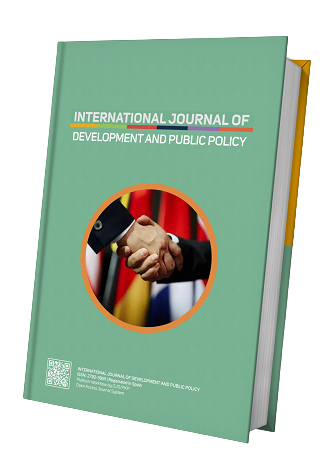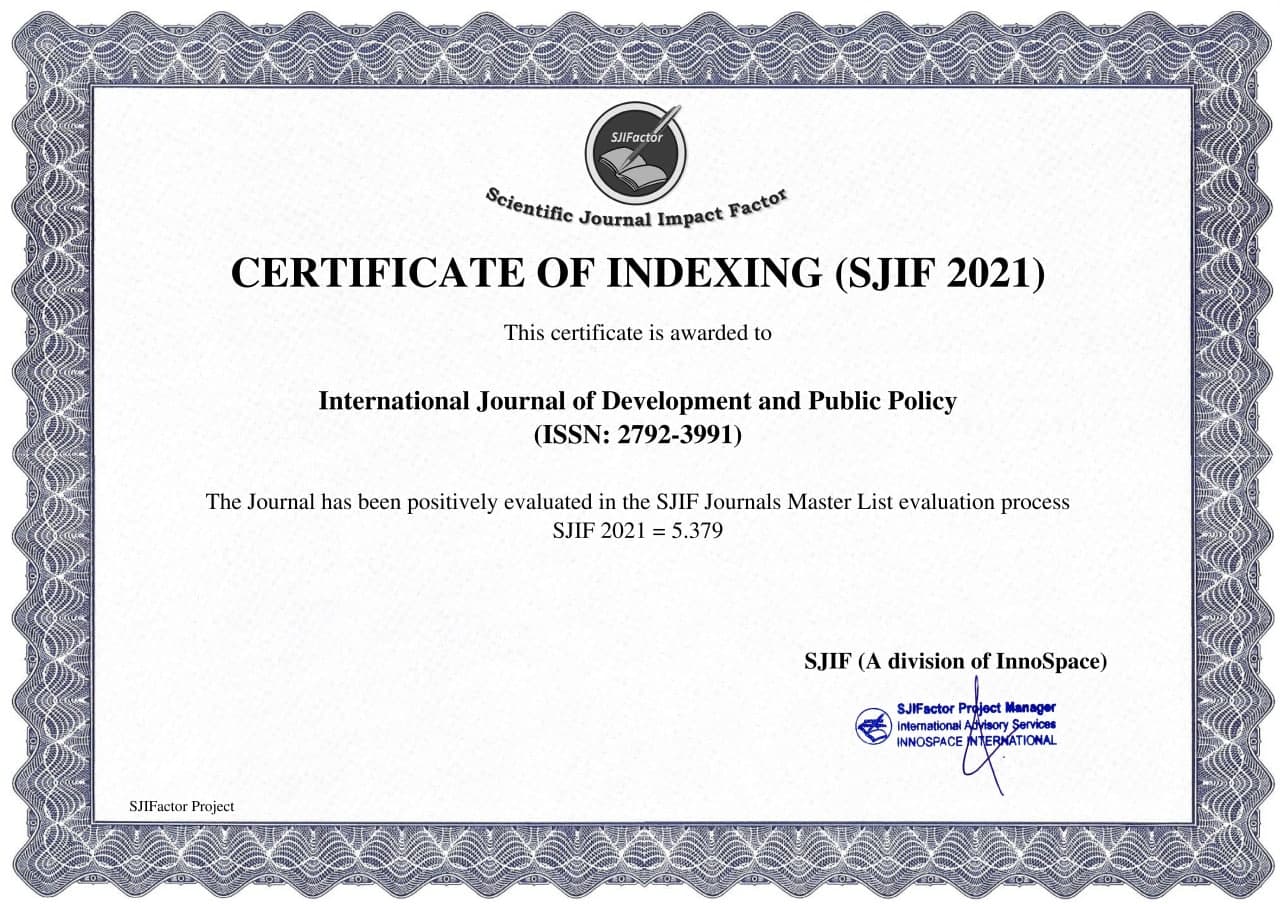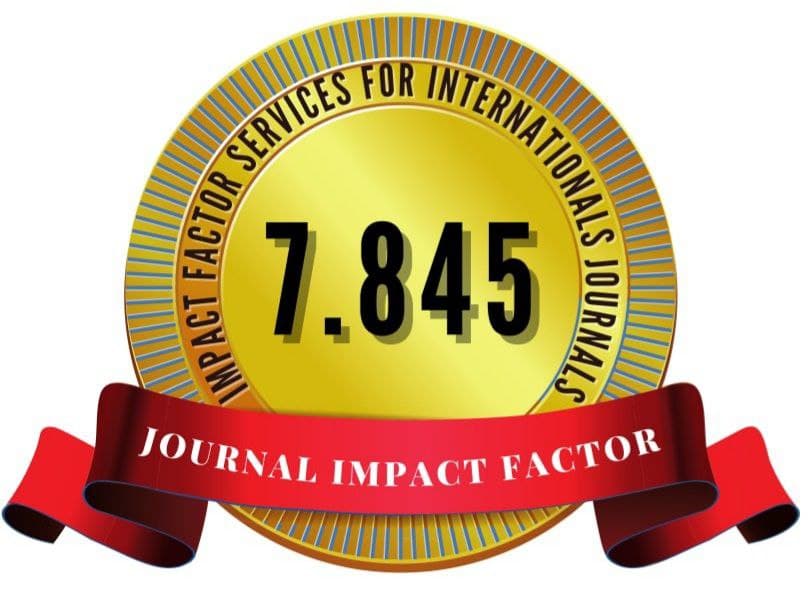Vote Buying and Electoral Credibility in the 2019 and 2023 General Elections in Rivers State, Nigeria: A Study of Emohua Local Government Area
Keywords:
Election, Integrity, Politics, Political Parties, CorruptionAbstract
This study critically examined the negative impact of vote buying on electoral credibility, during the 2019 and 2023 general elections in Rivers State, Nigeria. Using Emohua local government area as a case study, this study made an attempt at identifying the factors that were responsible for the upsurge in the activities of vote buying in the periods under study, as well as their attendant consequences. The 2019 and 2023 general elections in Rivers State, Nigeria, were characterised by massive irregularities in the form of reckless acts of voter-inducement, as well as other aspects of rampant electoral malpractices, hence, the quest for this study. This study was guided by three research questions and three objectives. The study was anchored on the theory of Economic Determinism by Karl Marx. The study used the survey design method. Data for this study were generated through the primary and secondary sources. While the primary source involved the use of questionnaires, the secondary source involved the use of textbooks, journals and internet materials. At the end of the study, it was revealed that high rate of poverty, the systemic tolerance and adoption of money politics and the lack of stringent laws and penalties against vote buying constituted the factors that gave rise to the activities of vote buying, thus, compromising the integrity and credibility of the 2019 and 2023 general elections in Rivers State, Nigeria. Consequently, the situation gave rise to series of post-election litigations and widespread criticisms of the entire electoral process. The study therefore recommended among other things, the application of stringent laws and penalties against the perpetrators of vote buying, so as to achieve an appreciable degree of credibility in future elections.






